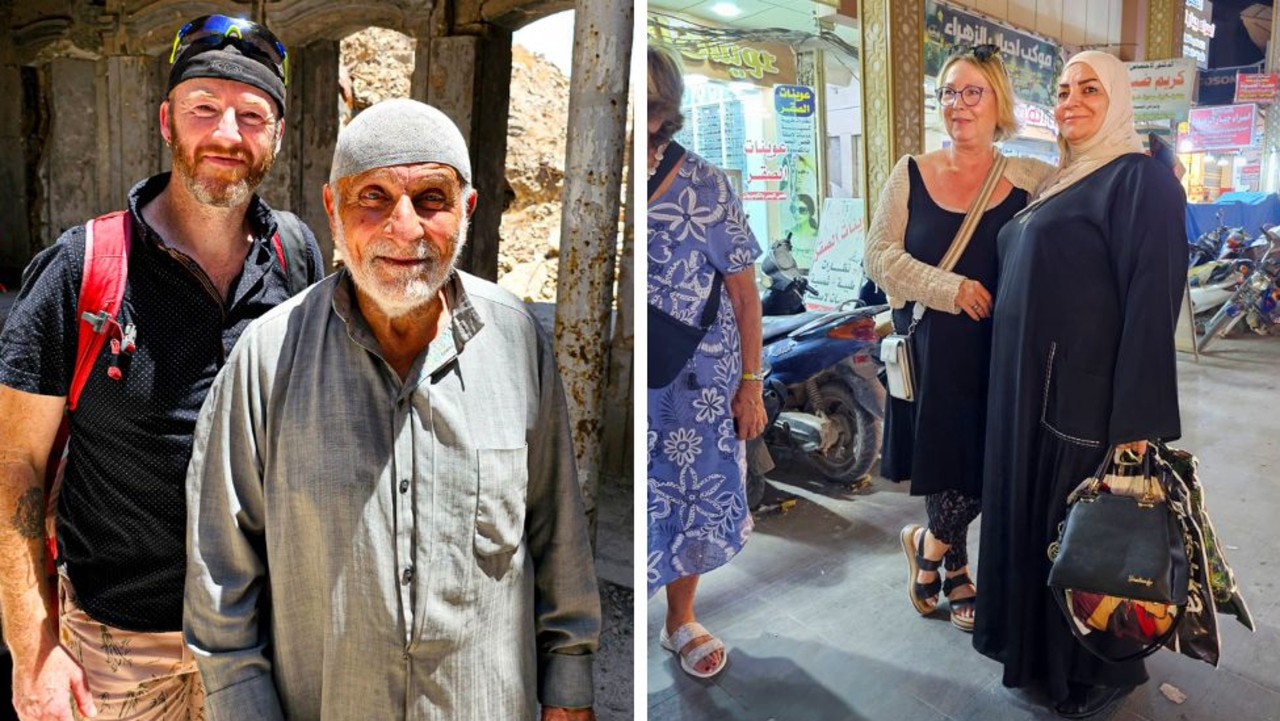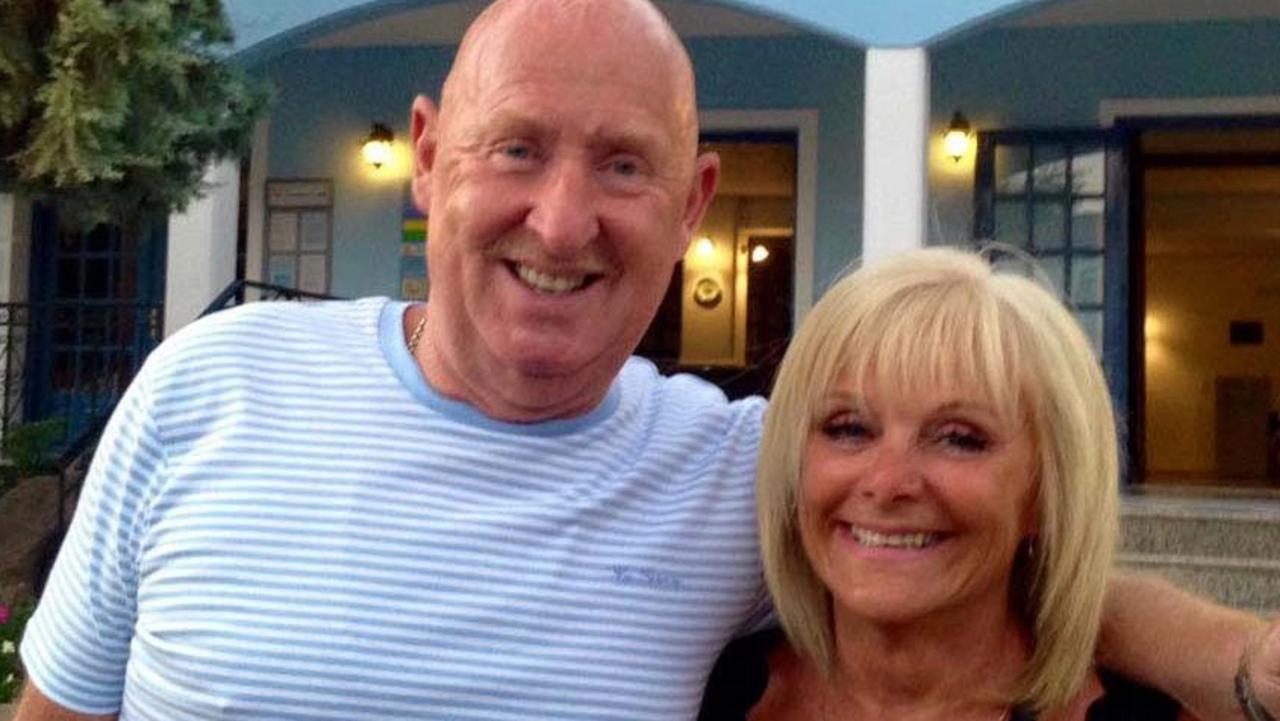Cape Town is suffering from a severe water crisis and visitors need to help
IT IS one of the world’s most stunning cities — and it is not hard to see why. But tourists are faced with a worrying sign when they arrive.
LAST year, some 5 million international tourists visited the South African coastal city of Cape Town — and it is not hard to see why.
Known as one of the world’s most multicultural cities, the legislative capital of South Africa offers a unique coming-together of cultures, flavours and lifestyle unlike anywhere else in the world.
And, even more alluring to its admirers, is Cape Town’s eccentric landscape, which is just as diverse as its culture. It’s a place where rugged mountains meet a glistening sea, which meets a hip, urban playground too.
It is a place where you can spot zebra and wildebeest grazing at the famous Table Mountain, watch whales breach in False Bay, and swim with Great White Sharks in Gansbaai — just as easily as you can experience trendy city-life too. Cape Town is home to fascinating art galleries, chic bars and restaurants, and stylish shops.
In 2014, Cape Town was named the best place in the world to visit by both The New York Times and Britain’s Daily Telegraph. And last year, Lonely Planet’s Best in Travel guide for 2017 named Cape Town in the top 10 cities to visit in the world.
But as visitors touch down in Cape Town for the peak summer tourist season this month, they have been greeted with warning signs and pleas of help, reading: “Don’t waste a drop!” and “Our taps will run dry if we don’t act now”, among others.
There's a water crisis in Cape Town. Travelers should be prepared (and can help). https://t.co/dd7QDlSpaQ pic.twitter.com/HxjMgXfmx0
— The New York Times (@nytimes) December 28, 2017
Cape Town is currently in the throes of a severe water crisis brought on by three years of poor rains. Currently, water levels in the city’s reservoirs are at 33 per cent and there have been warnings that without drastic action, what officials have dubbed “Day Zero” is looming — the date the taps will run dry.
Bob Scholes, a professor of systems ecology at the University of Witwatersrand in Johannesburg, told Bloomberg that reaching “Day Zero” would be “catastrophic”.
“Running out of water in places that have a highly developed water infrastructure is not that common,” he said.
“I know of no example of a city the size of Cape Town running out of water. It would be quite catastrophic.”
Dear Visitors to Cape Town! Please help us and #savewater as we are experiencing water crisis... use less than #87litres per day. Speak to our staff about water saving measures at #oonkloof. pic.twitter.com/gyImscF7bz
— O on Kloof Hotel&Spa (@OonKloofHotel) December 22, 2017
Taps will be turned off once dam levels drop below 13.5 per cent, and residents will have to line up at 200 checkpoints across the city to collect daily water rations. TimesLive reports residents will be forced to make-do with 25 litres of water per day for washing, cooking and personal hygiene once Day Zero arrives.
That date is currently pegged at April 29.
“The city of Cape Town could conceivably become the first major city in the world to run out of water, and that could happen in the next four months,” Dr. Anthony Turton, a professor at the Centre for Environmental Management at the University of the Free State told the New York Times.
“It’s not an impending crisis — we’re deep, deep, deep in crisis.”
Water crisis in Cape Town is a crisis. By March they are expected to have no water. We take 2 minute showers and can no longer drink tap water as the filtration systems are gone. Pools as well as showers at the beaches are closed. #susocialwork @SUSocialWork pic.twitter.com/HMyvjRYNqw
— Eleanor Brown (@EleanorMBrown22) December 18, 2017
And while the city is not encouraging tourists to stay away — tourism is a major source of revenue for the city — they are pleading with them to be mindful and help when they can.
The tourist board has issued a pamphlet saying: “You can still have a fantastic holiday without wasting resources, and we ask that you take special care when you visit.”
But holiday-makers have been warned that hotels are closing pools, saunas and steam rooms and have removed bath plugs to stop guests from taking long soaks.
The city has also launched its “Save Like a Local” campaign, which asks tourists to keep their water usage to under 87 litres per day, the same restrictions currently placed on residents.
The campaign offers tips to help visitors observe this, by limiting showers to two minutes, staying in accommodation that has water-saving measures in place, re-using towels and linen and trying to flush the toilet as little as possible.
Material culture from Cape Town's water crisis. pic.twitter.com/6wx4nfpWST
— Nate Millington (@nate_millington) September 26, 2017
Meanwhile, on January 1, level 6 water restrictions came into effect for residents. Under these strict regulations, households using more than 10,500 litres of water per month (or 87 litres per person per day) will now be fined or have water management devices installed on their properties, in line with the City’s Water By-law.
Fines are expected to be in the region of R5000-R10,000 ($A520-$A1035). Residents have also been banned from watering gardens, washing cars and topping up swimming pools.
Cape Town Mayor Patricia de Lille has even filled in her swimming pool.
“We have to change our relationship with water,” she told Bloomberg, explaining that she spends 70 per cent of her working day dealing with the crisis.
“We have to plan for being permanently in a drought-stricken area.”



